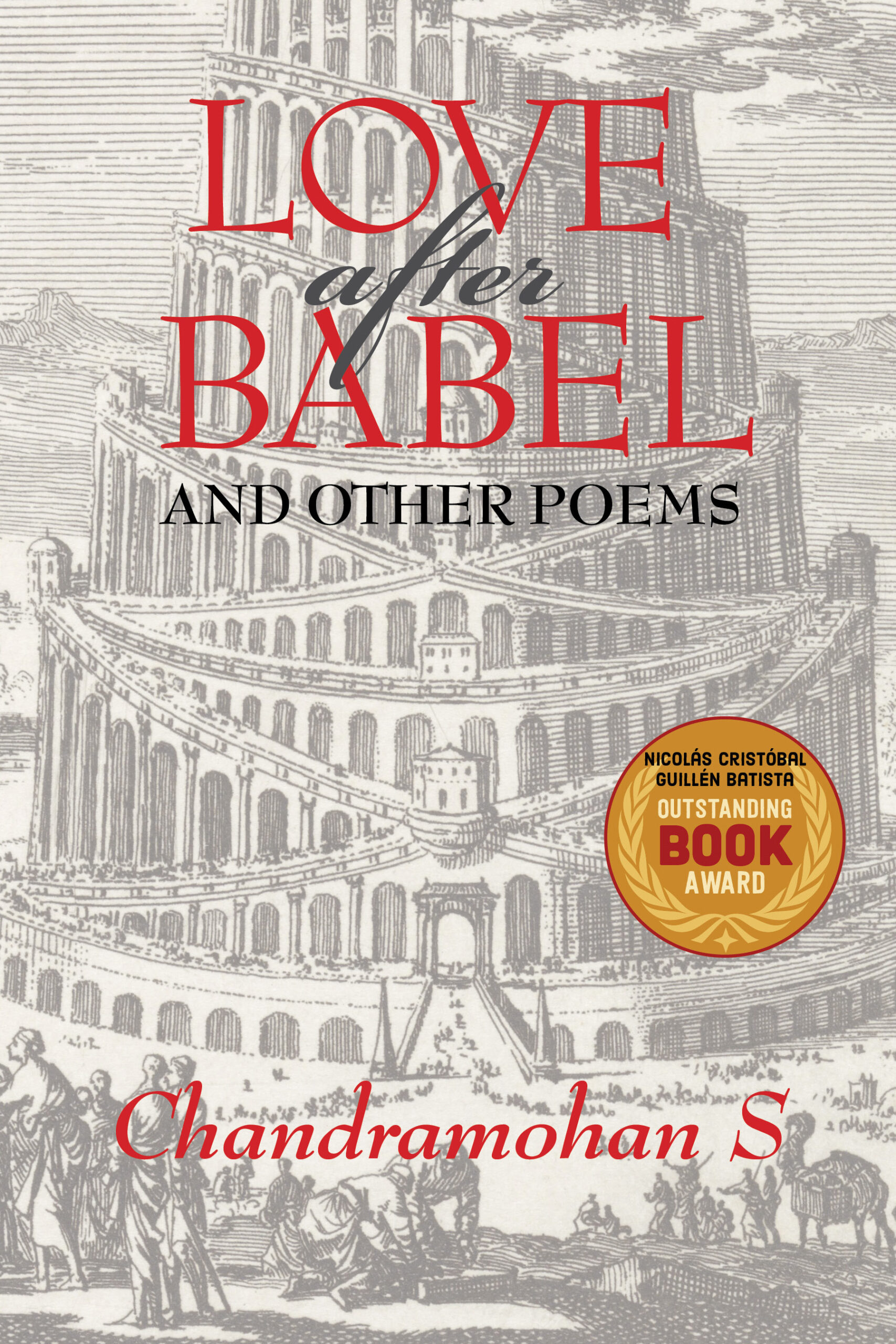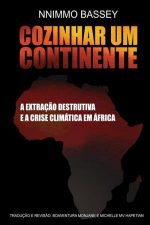Críticas da obra:
“Uma provocante crítica à extração contemporânea dos recursos (talvez mais adequadamente, “exploração” dos recursos) na África Subsariana. Na sua convincente análise, e em momentos abrasadora, Bassey apresenta uma critica cativante e abrangente da crise social e ambiental que se vive na África” – Chatham House
“De escravos a diamantes e passando pelo petróleo, há muito que os países mais consumistas têm vindo a pilhar a África a seu bel-prazer. Bassey explica muito bem como tudo isso tem vindo a acontecer, frisando bem o que procura a África: Justiça. Leia a obra e junte-se ao apelo de Bassey” – Annie Leonard, autora d´A estória das coisas
“Um livro que explica, de forma perspicaz e eloquente, o que a África pode fazer para travar as novas formas de colonização exacerbadas pelo caos das mudanças climáticas” – Pablo Solon, ex-embaixador da Bolívia nas Nações Unidas
“É uma obra que, a par da forte denúncia que faz da ganância e do saque da riqueza africana, apresenta perspetivas de esperança” – Camilla Toulmin, presidente do Instituto Internacional de Desenvolvimento e Meio Ambiente
“A África e o seu ambiente. Com um estilo refrescante, o autor torna as suas ideias extremamente acessíveis. Um dos mais proeminentes ambientalistas da África, faz uma análise abrangente dos desafios que enfrenta o continente, inspirando as pessoas a agir.” – David Fig, Presidente da Biowatch South Africa e autor do Staking Their Claims
“Para aqueles que ainda estão sépticos dos efeitos das mudanças climáticas, este livro vai deixa-los não apenas incomodados e preocupados, mas também motiva-los a fazer alguma coisa” – Nigerian Compass
O nigeriano Nnimmo Bassey é arquiteto, ativista ambiental e escritor. Foi presidente dos Amigos da Terra Internacional (Friends of the Earth International) de 2008 a 2012 e Diretor Executivo da Ação pelos Direitos Ambientais (Environmental Rights Action) durante duas décadas. Em 2009, foi nomeado “Herói do Ambiente” pela revista Time e, em 2010, foi co-vencedor do prestigiado Right Livelihood Award (considerado o Prémio Nobel Alternativo). Em 2012, ganhou o Rafto Prize. É atualmente diretor da Fundação Health of Mother Earth, uma organização ambientalista de reflexão e advocacia.










Kate McDonnell
Chandramohan’s poetry is an extraordinary combination of a strong individual voice, crying out against a deeply felt sense of personal abuse, and a sophisticated understanding of the long history and mythology of such abuse, in India but also in the
world at large. Mythological figures like Shambuka and Urmila illluminate, and are illuminated by, modern atrocities. The poems are by turns shocking, moving, and exhilarating.
– Wendy Doniger, Mircea Eliade Distinguished Service Professor Emerita of the History of Religions; also in the Department of South Asian Languages and Civilizations, the Committee on Social Thought
Kate McDonnell
[Chandramohan S]’s poems reflect the socio-political struggles of the marginalized, the working class and the nomadic outcasts of the world who are victimized and then forgotten as nations clash and wage relentless war. His work has been profiled in New Asia Writing and Mascara Literary Review. Poet Chandramohan S defines a Dalit as “someone who is politically disenfranchised, culturally interiorised and economically impoverished,” but he also firmly believes that “being a Dalit poet endows one with a tremendous potential to turn one’s own experiences and unique perspectives on history into poetry. From Edex Live